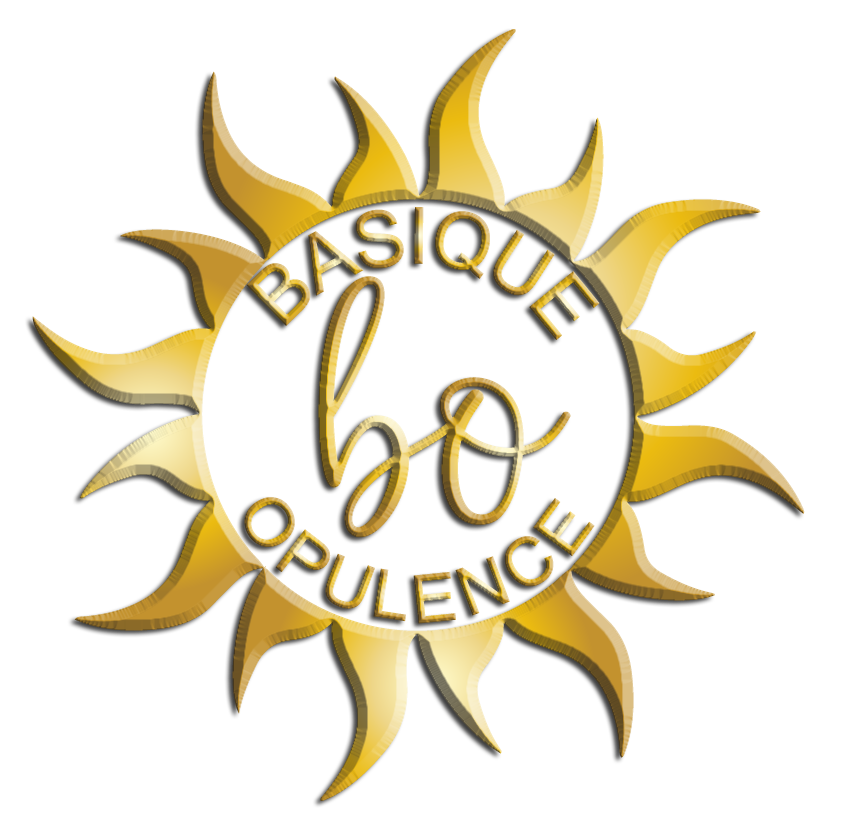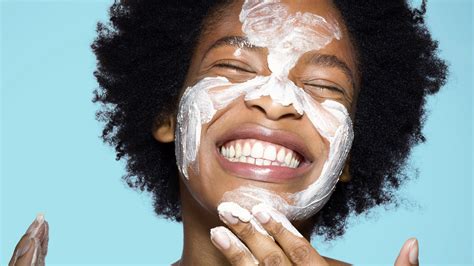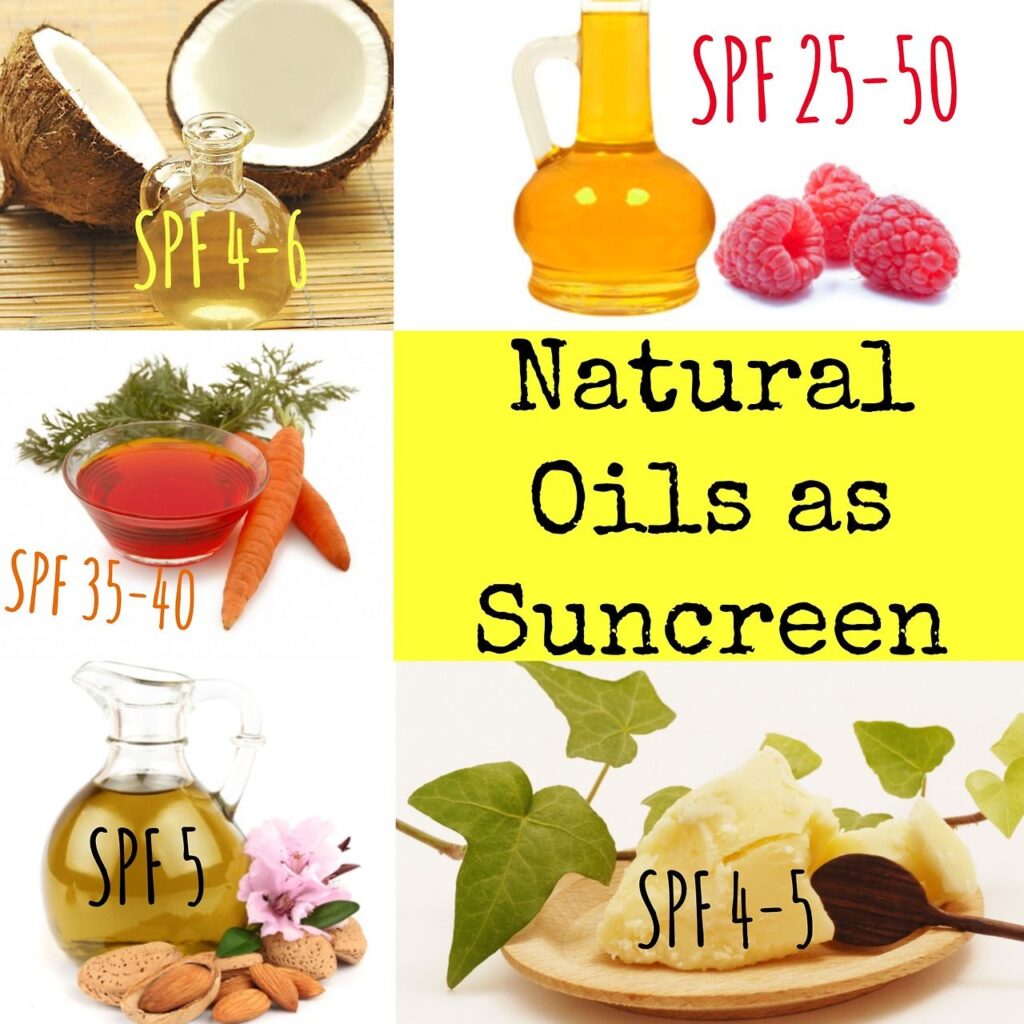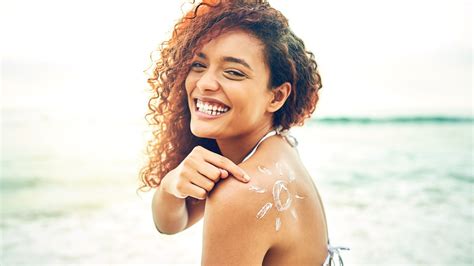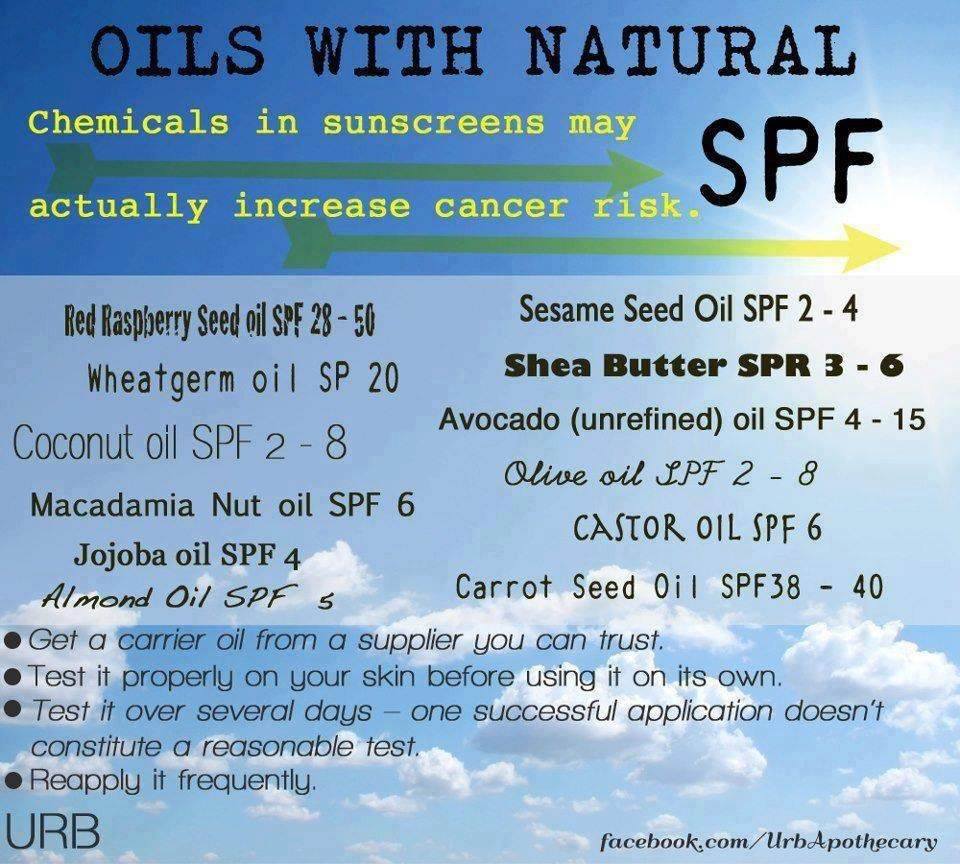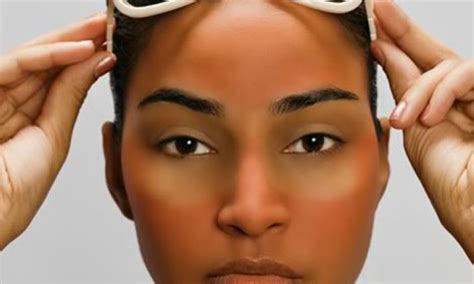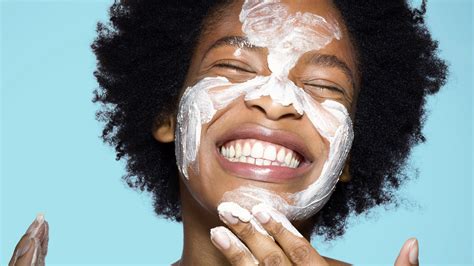
This is a question that has been debated for ages and I’m a strong advocate of all natural everything when possible and all things are possible with focused intention.
If and only IF the sunscreen is all natural and contains no toxic or health harmful ingredients – go for it. If it isn’t and contains chemicals that are known to create the very issues it is trying to prevent – CANCER – then why bother?
So I’d ask all of you reading to scrutinize the ingredients of your sunscreen of choice very carefully before applying it to your skin. And observe the safe limits of daily sun exposure – keeping in mind that the recommendations for Black people and lesser melanated people can not possibly be the same and consider our biological differences – opt to protect with fabrics and intentional shade if outside for long periods of time.
Most of us know that some of our natural oils and butters come with built in UVA & UVB protection and for those of us with moderate to high levels of naturally occurring melanin -Eumelanin – in our skin this combination can be more than enough. More on this below…
UV radiation is a form of electromagnetic energy. It can come from natural sources, such as sunlight, as well as artificial sources, such as lasers, black lights, and tanning beds.
The sun is the most significant source of UV radiation. It’s the product of a nuclear reaction at the sun’s core, and the radiation travels to earth via the sun’s rays.
UV rays are classified according to wavelength: UVA (longest wavelength) accounts for 95% of the suns rays & UVB (medium wavelength) accounts for 5% of the suns rays. UVC rays are a thing when it comes to radiation emitted by the sun but they are completely absorbed by the ozone and don’t reach us on Earth.
WHAT IS MELANIN?
Now Medical News Today defines melanin as:
Melanin is a substance in the skin that produces skin pigmentation. Scientists have identified three forms of melanin in humans:
- Eumelanin
- Pheomelanin
- Nueromelanin
Eumelanin and pheomelanin are in the epidermis, which is one of the layers of the skin. By contrast, neuromelanin is present in the brain.
It goes on to cite the functions of melanin one of which is:
PROTECTION FROM UV LIGHT
“Melanin is a UV-absorbing agent and is able to protect the skin against the effects of UV light on the skin’s surface. It also offers protection against UVB and blue light.
Eumelanin protects the skin from UV light, whereas pheomelanin does not.
As a result, people with more pheomelanin, such as those with blond or red hair and light skin, are more likely to experience sun damage.”
In short the darker your skin the more Eumelanin you are producing and the more protected from the sun’s UV rays you are.
On the flip side you’ll have other sources that acknowledge the above facts, state they haven’t thoroughly studied the effect of the sun on melanated people, then recommend we treat and protect our skin the exact same way as the group of people the studies are based on.
Make it make sense, y’all?
Use discernment with all things, especially science that is not considerate of your unique biological composition. Yes, we are all genus of humans but we are not the same species of human and that difference is worthy of respect and individual consideration!
Now on to some natural sources of SPF because they are out here and we can definitely benefit most from using them over toxic harmful chemicals.
MOTHER NATURE’S UV PROTECTION
Here is a growing list of oils & butters you can combine to build your own UV protection. They are also great for general skin & hair protection when used as a daily product instead of lotion. Don’t want to make your own? Shop our collections.
Red Raspberry Seed Oil SPF 28-50
Wheat Germ Oil SPF 20
Avocado oil SPF 15
Hazelnut oil SPF 15
Shea Butter SPF 10
Mango Butter SPF 4
Coconut oil SPF 8
Olive oil SPF 7.5
Peppermint Essential Oil SPF 6.6
Tulsi (Holy Basil) Essential Oil SPF 6.5
Grapeseed oil – has sun protective effects SPF undetermined
Hempseed oil SPF 6
Broccoli seed oil – has sun protective compound sulforaphane
Macadamia Nut oil SPF 6
Lemongrass Essential Oil SPF 6
Castor Oil SPF 5.6
Lavender Essential Oil SPF 5.6
Almond oil SPF 5
Jojoba oil SPF 4-6
Sea Buckthorn oil SPF 2-4
Rice Bran oil SPF 2
UV REPAIR OILS
These oils & butters you’d use if you have sun damage and want to assist the skin in healing & regeneration.
Argan Butter
Shea Butter
Avocado Butter
Argan Oil
Helichrysum essential oil
Ylang Ylang essential oil
Rose essential oil
White Camelia Seed Oil
Moringa Seed Oil
Passion Fruit (Maracuya) oil
Prickly Pear Seed Oil
Sesame Seed Oil
Raspberry Seed Oil
Sea Buckthorn Oil
Some Science on Natural SPF Sources
https://www.sciencedirect.com/science/article/pii/S0102695X18305465
https://www.researchgate.net/publication/215523935_Characteristics_of_raspberry_Rubus_idaeus_L_seed_oil_Food_Chem
http://www.ncbi.nlm.nih.gov/pubmed?term=raspberry+seed+oil+UV&cmd=DetailsSearch
http://mail.lotioncrafter.com/reference/oomah.pdf
http://www.ncbi.nlm.nih.gov/pmc/articles/PMC3140123/
https://www.ncbi.nlm.nih.gov/pmc/articles/PMC3140123/table/T3/
Here at Basique Opulence our elixirs & salves contain several skin protective & healing carrier oils, essential oils & butters. Making them highly protective from sun damage and all healing for both skin & hair!

